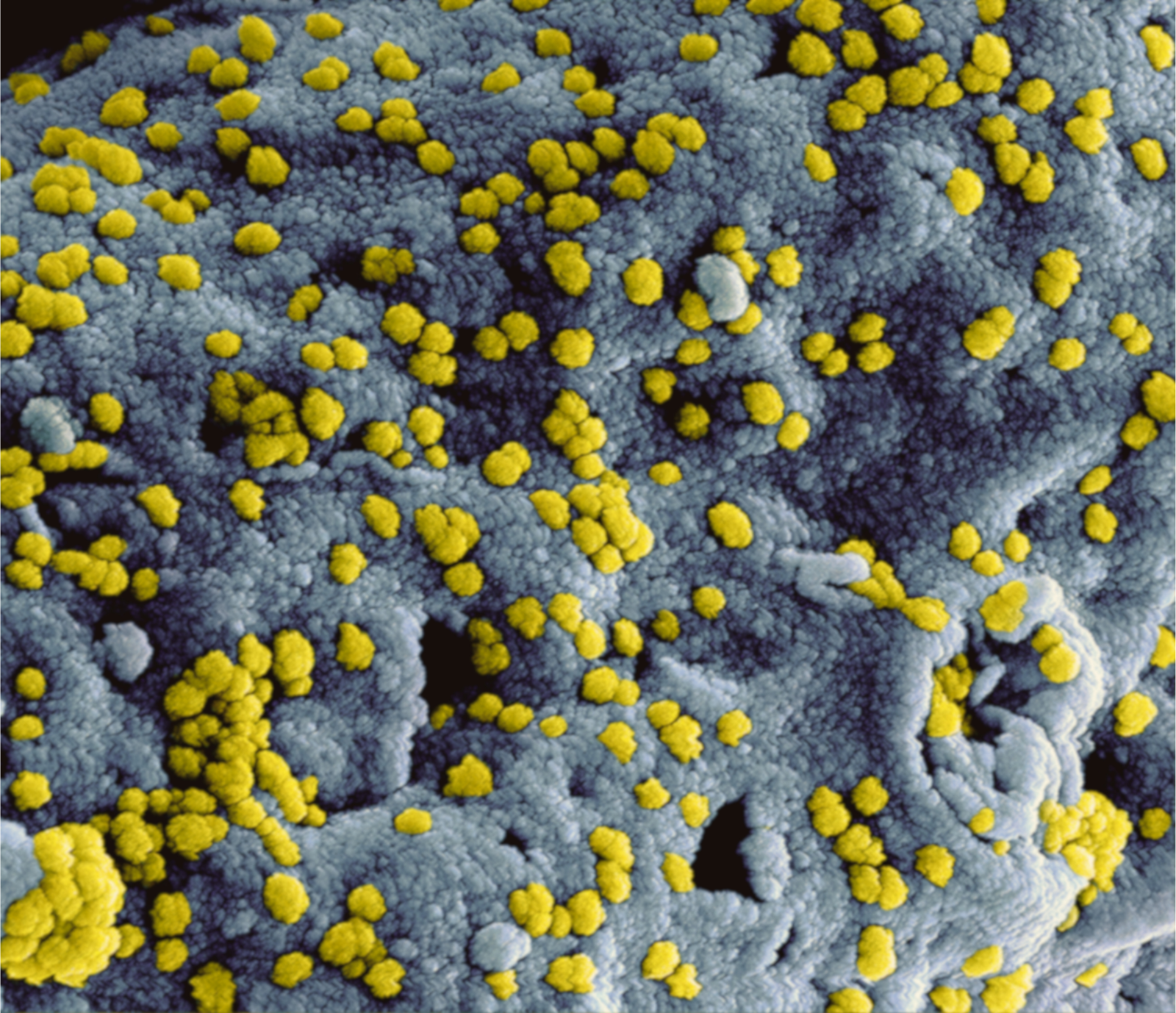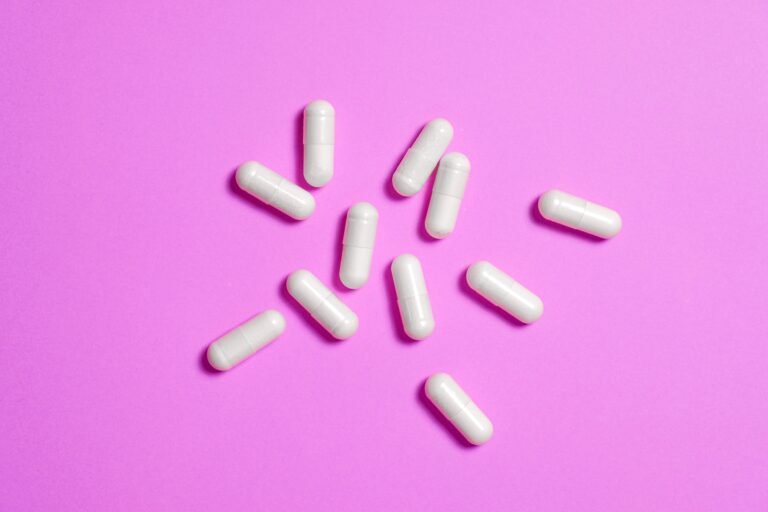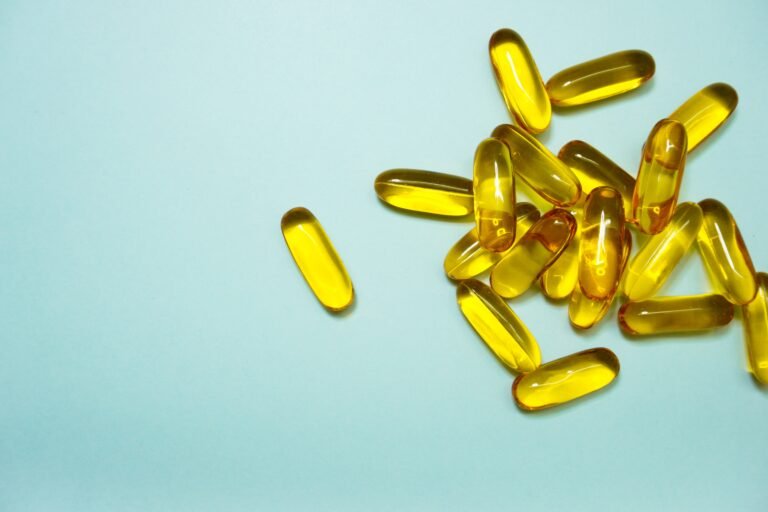In this video, Rhonda Patrick dives deep into what causes leaky gut, its impact on our health, as well as things we can do to manage leaky gut.
Lipopolysaccharide (LPS) and Leaky Gut
Gut permeability, or “leaky gut”, occurs when toxins and other unwanted material escapes from our intestines and enters the bloodstream . In particular, leaky gut leads to an endotoxin called lipopolysaccharide, or LPS, entering the bloodstream which has health ramifications throughout the body.
Protocols
In summary, here are some things we can do to manage gut permeability
- Get enough Omega-3s
- Aerobic exercise
- Reduce alcohol use and especially binge drinking
- Eat foods that protect the gut such as berries, root vegetables, citrus, mushrooms, oats, barely, garlic, onions, artichokes, green bananas and cooked potatoes
- Consider time-restricted dieting
- Manage chronic stress
- Avoid diets that are high in fat and sugar while low in fiber
Inflammation
Inflammation is the body’s response to injury, infection, or anything that shouldn’t be in the body. If the body is inflamed for too long, it is called chronic inflammation and can lead to many health and cognitive issues.
Suppression of inflammation has been shown to be important for aging, quality of life, as well as cognition
It turns out, LPS from leaky gut is a major trigger for inflammation, so managing leaky gut can help alleviate issues arising from chronic inflammation.
Low-dose LPS increases inflammatory markers 100-fold
LPS and Heart Disease
Atherosclerosis is the condition where plaques cause the thickening and/or hardening of the arteries. LPS can bind to lipids, and in some cases these will embed in the lining of the arteries. This triggers plaque to form which leads to atherosclerosis.
LPS and Brain Health
LPS can also breakdown the tight junctions of the blood-brain barrier leading to neuroinflammation. This essentially accelerates brain aging.
Nearly 50% of all dementias, including Alzheimer’s, begin with the breakdown of the smallest blood vessels in the brain.
Mood and Depression
Inflammation can impact mood through a variety of mechanisms. For example, if there is sufficient inflammation, some tryptophan is not transported to the brain to become serotonin which is important for mood regulation.
Lifestyle Factors
Lifestyle factors can lead to increased leaky gut:
- Stress increases gut permeability (i.e. “leaky gut”) allowing LPS to enter the bloodstream
- Diets high in fat and sugar, while low in fiber, lead to gut permeability and elevated LPS levels
- Alcohol use, especially binge drinking, cause leaky gut
Lifestyle factors that help mitigate leaky gut:
- Eating foods such as berries, root vegetables, citrus, mushrooms, oats, barely, garlic, onions, artichokes, green bananas and cooked potatoes
- Omega-3 fatty acid consumption
- Aerobic exercise
- Time-restricted eating
Watch full the video here:
Resources
https://my.clevelandclinic.org/health/symptoms/21660-inflammation





